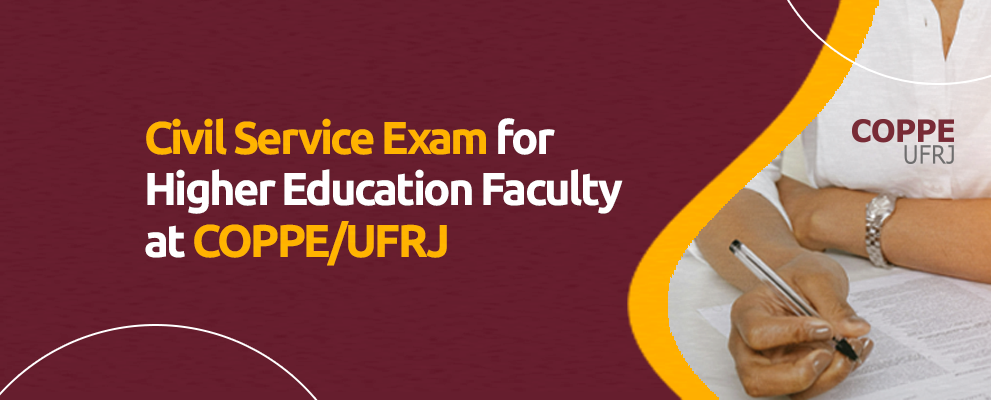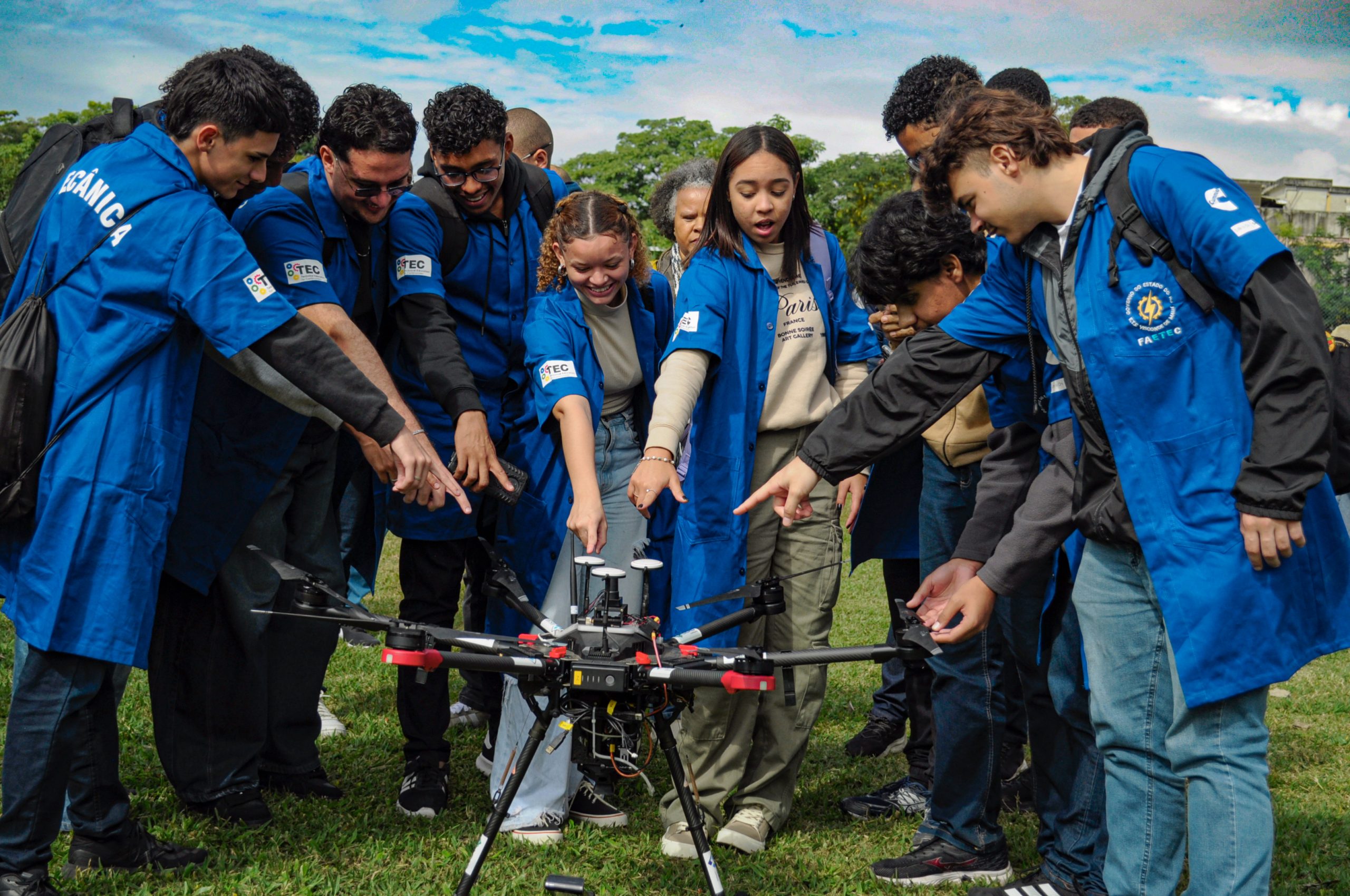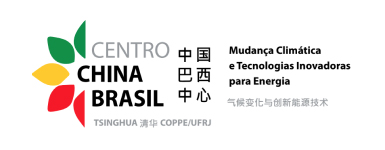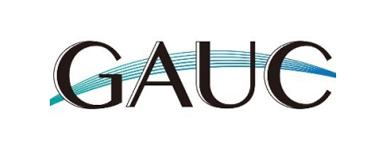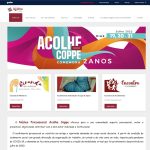COPPE PROGRAMS
WHO WE ARE
With over six decades' worth of experience, we at Coppe are pioneers with our performance and academic and social protagonism. We are recognized as one of the biggest Latin American centers for education and research, with more than 12,000 master's and 5,000 doctoral graduates throughout several graduate programs. With our production of knowledge and with how we expand our results for environmental and technological purposes, we are allies for development and a national and international point of reference for education and research in engineering.
More about usOUR STATISTICS
2,387
Students
in Master’s and Doctoral programs
(as of March, 2023)
155
Postdocs
346
Full, Courtesy, and Visiting
Professors
18,377
Theses and Dissertations
(from 1963 to 2022)
Cross-cutting areas
The world is undergoing a technological transition period where several skills are needed to face the upcoming challenges, whether related to energy, urban and rural environment, health, environment, bioeconomy, new materials, or sustainability. We at Coppe/UFRJ, with our decades-long traditions in teaching and research in Engineering, have also been reorganizing ourselves towards multidisciplinarity, making our 13 stricto sensu graduate programs in Engineering work together through various cross-cutting areas, aiming to solve today's complex problems. In addition to the well-established interdisciplinary dynamics in Oil & Gas, there are also other fields, such as:
Energy
Hidrogênio
Energia do Oceano
Biocombustíveis
Energia do Oceano
Biocombustíveis
By transitioning to a sustainable energy mix, energy is one of the most promising areas for research and new technology development as of today. With knowledge in Engineering and Economics, we can implement innovative solutions and steer our challenges towards a solution.
Health
Engineering
Consolidating itself as an important vector for economic and social growth, Health Engineering comprises a vast chain of high-technology services. With the application of knowledge in Engineering and its correlated areas, Health Engineering seeks methods for improving health quality for humans and animals alike.
Smart
Cities
Smart Cities enable solutions for achieving sustainability and urban resilience, guaranteeing the necessary financial, social, and environmental assistance. In addition, they operate through digital technologies and other technological resources in order to make the urbanization process more effective.
Blue Economy
Energia do Oceano
Descomissionamento
Descomissionamento
The oceans are important allies for our planet's climate and impact fields such as agriculture and electricity significantly. We at Coppe have focused our activities on this area since 2001, with the creation of the Group on Renewable Ocean Energy (GERO), and the demand for research has grown ever since as this emerging multidisciplinary subject consolidates itself.
A.I. and Digital
Transformation
In recent times, we have had significant transformations in digital and technological parameters, such as with the emergence of artificial intelligence (AI) modeling and digital data storage. As it is necessary to develop specialized resources in these technologies, we at Coppe use our expertise in Computational Science and Engineering (CSE) for areas of application associated with advanced computing in Engineering and for solving substantial problems.
Bioeconomy
Biocombustíveis
Bioeconomy is a sector of the economy that encompasses the sustainable production of renewable resources and their conversion into food, fibers, animal feed, chemicals, materials, and bioenergy with efficient and innovative technologies, thus benefiting society, the economy, and the environment. The main factor for the development of bioeconomy is climate change, which entails the need for other ways to mitigate carbon emissions; new business, job, and income generation opportunities; and the fundamental need to eradicate poverty.
Solutions in Low-Carbon Technology
Captura de Carbono
Hidrogênio
Biocombustíveis
Energia do Oceano
Hidrogênio
Biocombustíveis
Energia do Oceano
The Earth is currently in an ongoing period of energy transition and environmental restrictions, which calls for large companies in the energy generation, civil construction, and industrial sectors to reposition themselves. As a result, they also reprioritize and reallocate their investments in research and development. This transition is caused by the growing recognition of the need to limit greenhouse gas emissions, of which these sectors have a large share, and by the need to increase the strategic sustainability of energy supply.
Cross-cutting areas
The world is undergoing a technological transition period where several skills are needed to face the upcoming challenges, whether related to energy, urban and rural environment, health, environment, bioeconomy, new materials, or sustainability. We at Coppe/UFRJ, with our decades-long traditions in teaching and research in Engineering, have also been reorganizing ourselves towards multidisciplinarity, making our 13 stricto sensu graduate programs in Engineering work together through various cross-cutting areas, aiming to solve today's complex problems. In addition to the well-established interdisciplinary dynamics in Oil & Gas, there are also other fields, such as:
OUR HALLMARKS
We at Coppe play a decisive role in promoting professional knowledge, training, and teaching methods. Relying on our foundations and hallmarks, our models of research and the way we engage with society are points of reference for universities and research institutes throughout Brazil and South America.
Academic
Excellence

One of the best performances worldwide
Ten out of our thirteen graduate programs have been awarded maximum grades by Capes, corresponding to an international performance in line with those of the best education and research and education centers worldwide. In addition, our faculty undergoes yearly evaluation procedures, ensuring high-quality academic performance.
Extensive Laboratory Complex

More than 100 high-level facilities
An extensive laboratory complex that brings together more than 100 high-level, modern facilities. It is one of the largest Latin American laboratory complexes in the Engineering field.
International
Partnerships

Working together with leading universities
A national and international point of reference for education and research in Engineering, Coppe operates in tandem with bodies and committees from several countries and multilateral organizations, in addition to partnerships with the best universities worldwide, such as Tsinghua, in China. This particular partnership resulted in the China-Brazil Center for Climate Change and Energy Technology Innovation.
Community
Engagement

Applied research and science outreach activities
We at Coppe manage contracts and agreements with companies in project development for applied research. In addition, we create scientific outreach activities involving faculty and graduate students from the Engineering programs, which enhance their curricula through accreditation and encourage their engagement with society.
NEWS

Coppe Study Warns: Rio’s Beaches Face Real Threat
raises an alarm about the future of Rio de Janeiro’s beaches — particularly the threat of disappearing sand strips in urbanized areas such as Copacabana and Ipanema.
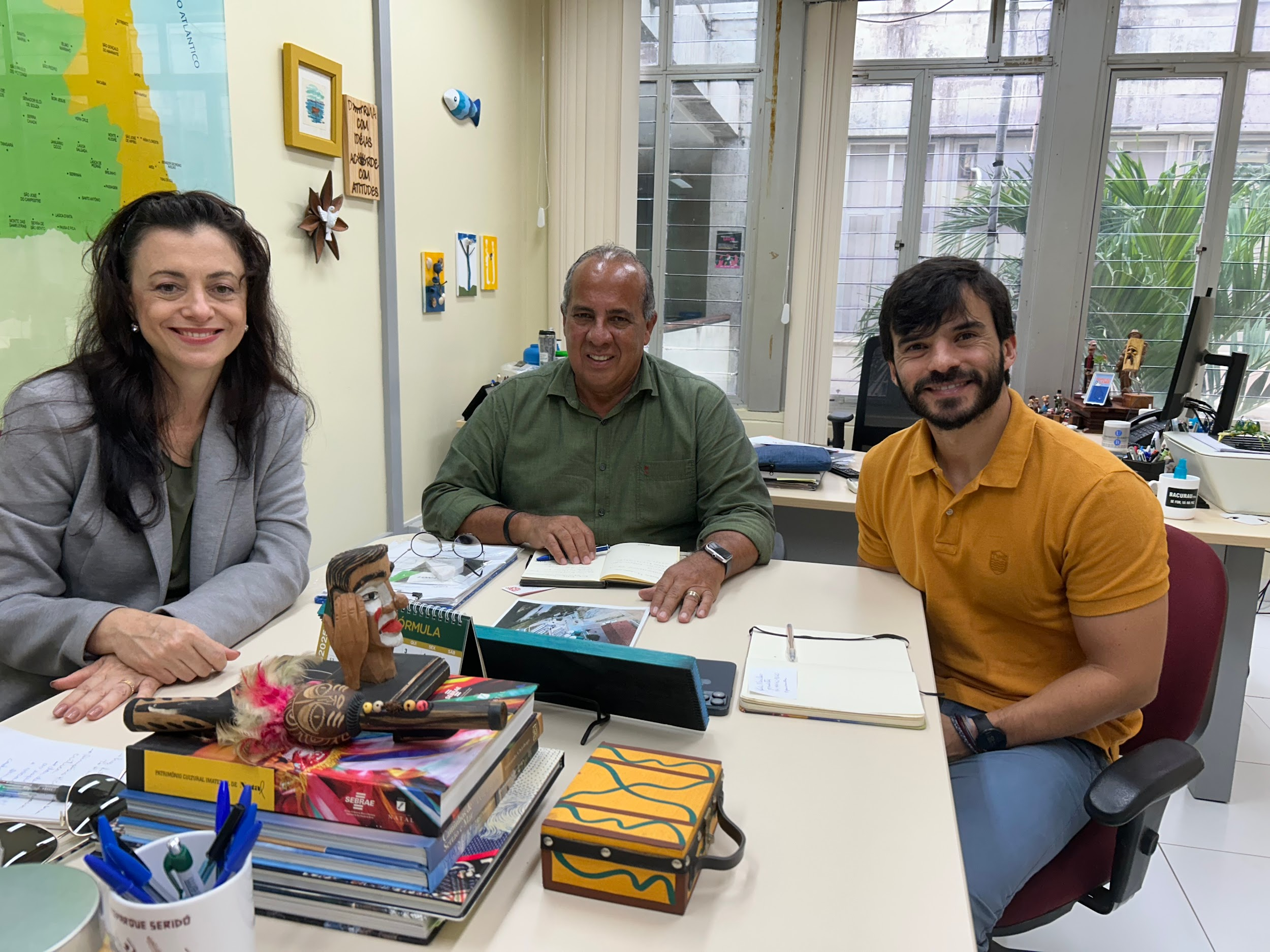
Coppe and UFRN Strengthen Offshore Decommissioning Debate
Coppe/UFRJ and the Federal University of Rio Grande do Norte (UFRN) are strengthening a partnership that places coastal territories and their communities at the center of the sustainability debate.


